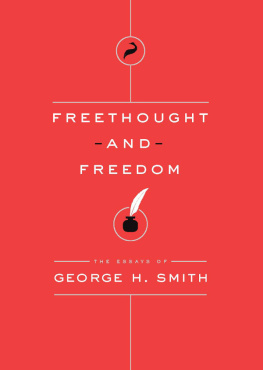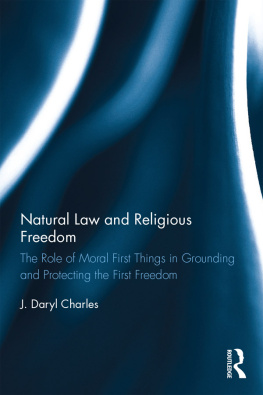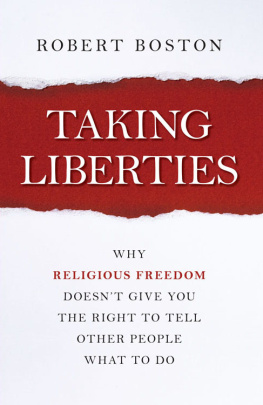Translation copyright 2014 by Image, an imprint of the Crown Publishing Group, a division of Random House LLC.
All rights reserved.
Published in the United States by Image, an imprint of the Crown Publishing Group, a division of Random House LLC, a Penguin Random House Company, New York.
www.crownpublishing.com
IMAGE is a registered trademark and the I colophon is a trademark of Random House LLC.
Originally published in Italy as Non dementichiamoci di Dio: liberte di fedi di culture e politice by RCS Libri S.p.A., Milano, in 2013.
Copyright 2013 by RCS Libri S.p.A., Milano.
Library of Congress Cataloging-in-Publication data is available upon request.
ISBN 978-0-8041-3899-4
eBook ISBN 978-0-8041-3900-7
Cover design by Deanna DeStefano
v3.1_r1
Contents
1
An Opportunity for Reflection
2
The Long Travail of Religious Freedom: Historical Notes
3
Dignitatis Humanae
4
Thought and Practice
5
Knots to Untie
6
For a Shared Journey in Pluralistic Society
7
The Public Engagement of Catholics
Foreword
JOHN L. ALLEN JR.
If real life resembled an episode of the American television series Fringe, there would be a device through which one could peer into the alternate universe where Cardinal Angelo Scola of Milan, for decades one of the most widely respected figures at the senior level of the Catholic Church, is the pope.
The shows premise is that theres a parallel reality next to this one where the same people inhabit the same space, but they play different roles based on plausible alternative trajectories their lives have taken. Certainly the papacy is such a credible arc for the seventy-two-year-old Scola, who in the eyes of virtually everyone who tracks Church affairs has the right stuff to lead. Thats why he was at the top of most handicapping sheets heading into the conclave of 2013, which gathered in Rome to elect a successor to Pope Benedict XVI.
Of course, things in this universe turned out differently. The conclave turned instead to Cardinal Jorge Mario Bergoglio of Buenos Aires, Argentina, who took the name of Francis and who ever since has taken the world by storm. Yet that outcome did not change the fact that Scola continues to be among the most interesting and influential churchmen on the global stage.
I can testify from personal experience that journalistic exchanges with Scola are a gripping affair. Hes capable of offering homespun pastoral wisdom in one breath and lofty intellectual formulas in the next, and hes not the kind of interview one ever dares to enter unprepared. Hes uninhibited with reporters, which usually points to someone whos thought deeply about things and isnt skittish about his capacity to back up his convictions.
What this short book offers, therefore, is insight into how a true Catholic heavyweight approaches the Churchs most consequential political concern today, which is religious freedom. One may dissent from the premises and conclusions Scola presents, but if one wishes to understand Catholicism, especially how it thinks about the intersection of faith and political life, this book is indispensable.
The text presents an extended version of the Discourse to the City Scola delivered on December 6, 2012. The cardinal archbishop of Milan traditionally delivers a lecture on the citys patronal feast of Saint Ambrose, and given the caliber of the men whove held the position in recent decadesacclaimed Cardinals Carlo Maria Martini and Dionigi Tettamanzi, and now Scola himself, all at one time considered contenders for the papacythe speech is always a major civic and media event.
On this occasion Scola organized his remarks around the 1,700th anniversary of the Edict of Milan, the famous ruling by Emperors Constantine and Licinius in 313 AD halting the persecution of Christianity within ancient Roman territories. Scola styled it as the birth of religious freedom in the West. He also offered a warning about currents within contemporary society that are styled as religious neutrality but that, in his eyes, amount to the imposition of a secularist worldview at the expense of religious conceptions of life.
As Scola notes, the speech aroused intense reactions. Vito Mancuso, a well-known progressive theologian and editorialist in Italy, published an essay in La Repubblica arguing that the Edict of Milan actually signaled the beginning of state sponsorship of Christianity at the expense of other religions, suggesting that Scola seemed nostalgic for a bygone era in which the state was subordinate to the Church.
Paolo Naso, an academic and member of the Federation of Evangelical Churches in Italy, accused Scola of launching a new Cold War against secularism, contrasting the speech negatively with the open and dialogic tone he associated with Martini and Tettamanzi. That reading was exacerbated by ominous newspaper headlines suggesting that Scola had dared to criticize the lay state, understood in Italy to refer to the hard-won emancipation of civil society from clerical domination.
Such objections are probably part of what Scola has in mind when he wryly notes that speaking about religious freedom today is rather arduous. He replies to his critics indirectly in this expanded version of his lecture, insisting that he is not talking about rolling back the clock; as he puts it, There is no room in my thought for any return to the past.
Nevertheless, he insists that implicit within the Edict of Milan, whatever its subsequent historical development, was a vision of religious liberty for all, rooted in the conviction that religion is a positive force for the commonweal. Thats as opposed to the contemporary European conception of religious freedom as a way of restraining what secularists see as the essentially negative impact of religious passions on social cohesion.
In Scolas eyes, religious freedom should imply freedom for religion, as opposed to later formulations dating from the French Revolution that treat it as freedom from religion. What he seeks, he writes, is a social environment in which free religious subjects are encouraged to bring their substantive ethics into debates, though without imposing them on anyone. In so doing, Scola believes society can avoid two chronic temptations: that of the state using religion as an instrumentum regni, a tool of governing, and that of the church using the state as an instrumentum salvationis, a tool for bringing people to salvation.
The core of his case is that religious freedom is the emblematic expression of freedom of conscience, and if it is not placed firmly at the head of the scale of fundamental rights, then the entire edifice is destined to crumble.
One fascinating insight Scola offers along the way is that for the ancient, it was religion itself that was free, while for the modern its the individual who must be free in religious matters. The challenge for postmodern secular society is how to articulate a positive vision of religious freedom, and the public role of religion, from within this personalist framework. Especially interesting in that regard are his thoughts on conscientious objection at the end of the text, an argument that ought to be especially compelling within the subjective philosophical framework of most Western conversation.
In the project of elaborating a new vision of religious freedom, Americans will be interested to know, Scola believes our legal and philosophical tradition is better positioned to lead the way than Europes.
However one parses his argument, its beyond dispute that religious freedom is destined to be the premier Catholic social and political concern of this era. Thats because of not only mounting church/state tensions in the West but also the far more dramatic situation in other parts of the world, where a highly literal war on religion is being waged, often with Christians as its primary victims. The early twenty-first century is witnessing the rise of a new generation of Christian martyrs in regions such as the Middle East, sub-Saharan Africa, and parts of Asia, and defending both the rights and the very lives of those believers is bound to occupy a growing share of the Churchs time and energy.


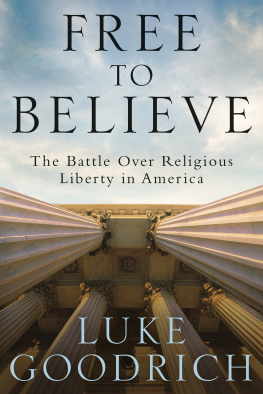
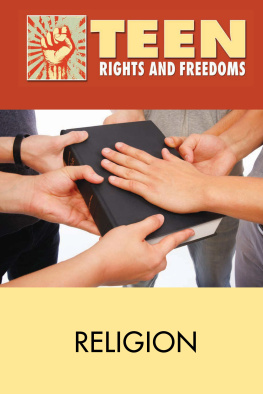
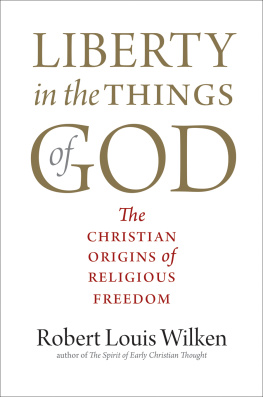
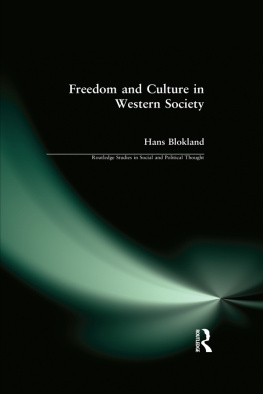
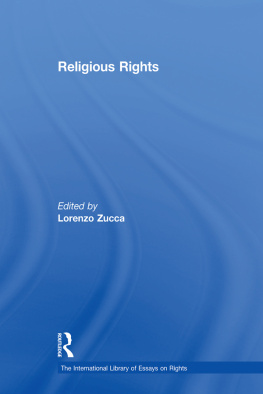
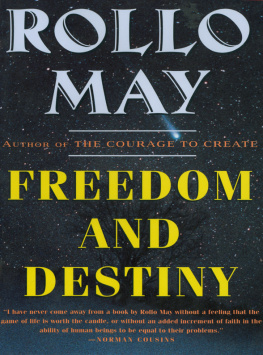
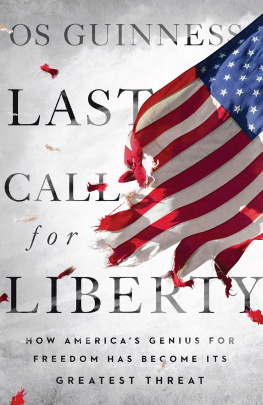
![Blackford - Freedom of religion [and] the secular state](/uploads/posts/book/167779/thumbs/blackford-freedom-of-religion-and-the-secular.jpg)
